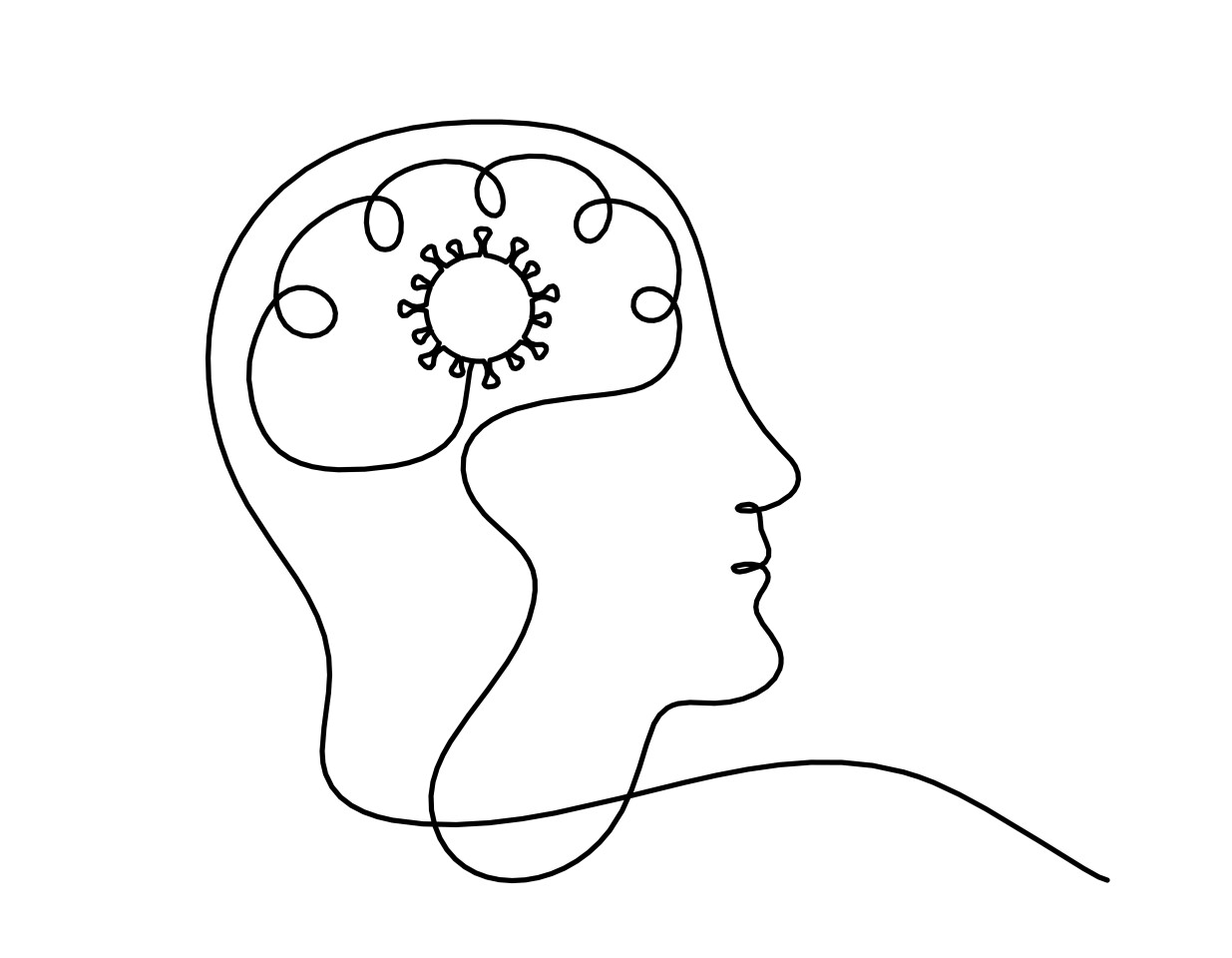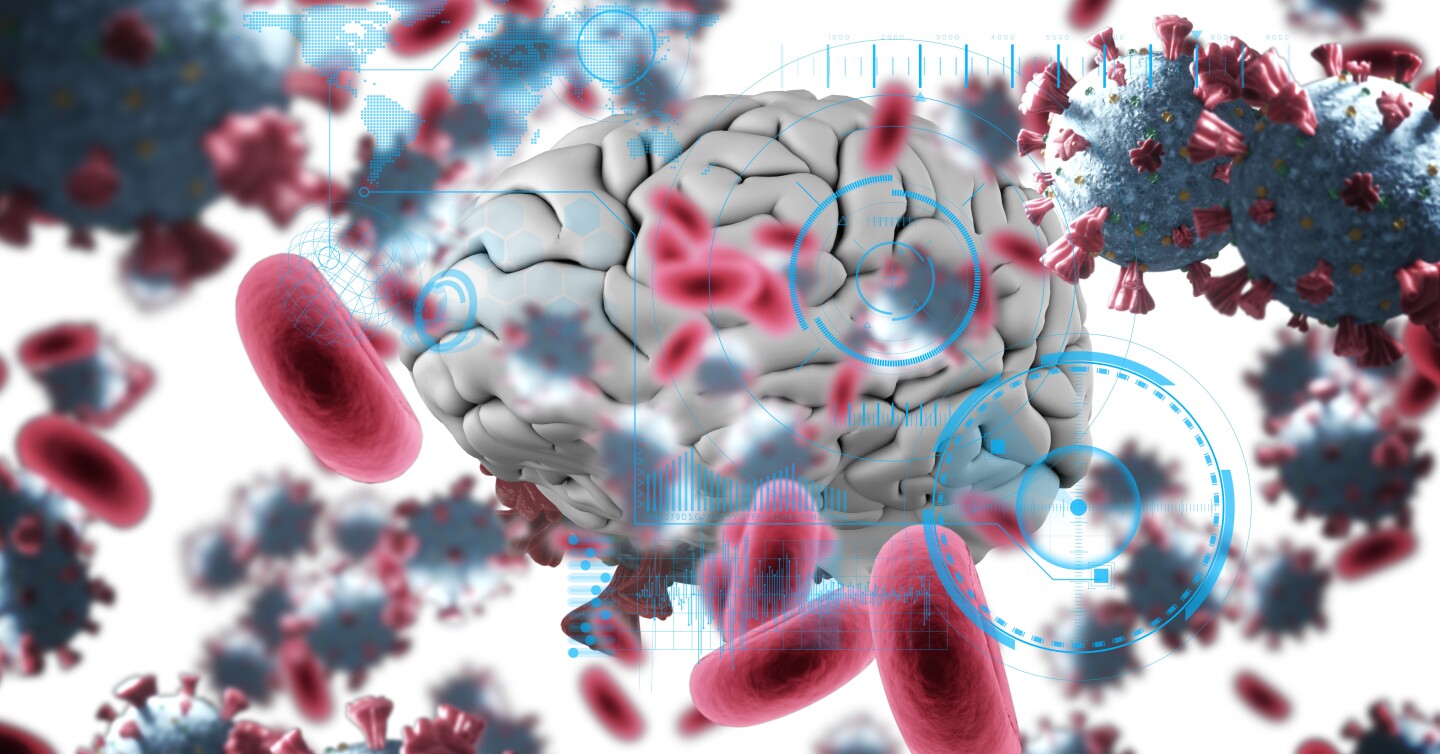Possible treatment for autism symptoms found in common anti-diarrhea drug
A compelling study has utilized a new kind of computer modeling to investigate how pre-existing drugs could be repurposed to treat autism spectrum disorder (ASD). Among the findings was a curious discovery indicating a common anti-diarrhea drug could h… Continue reading Possible treatment for autism symptoms found in common anti-diarrhea drug



